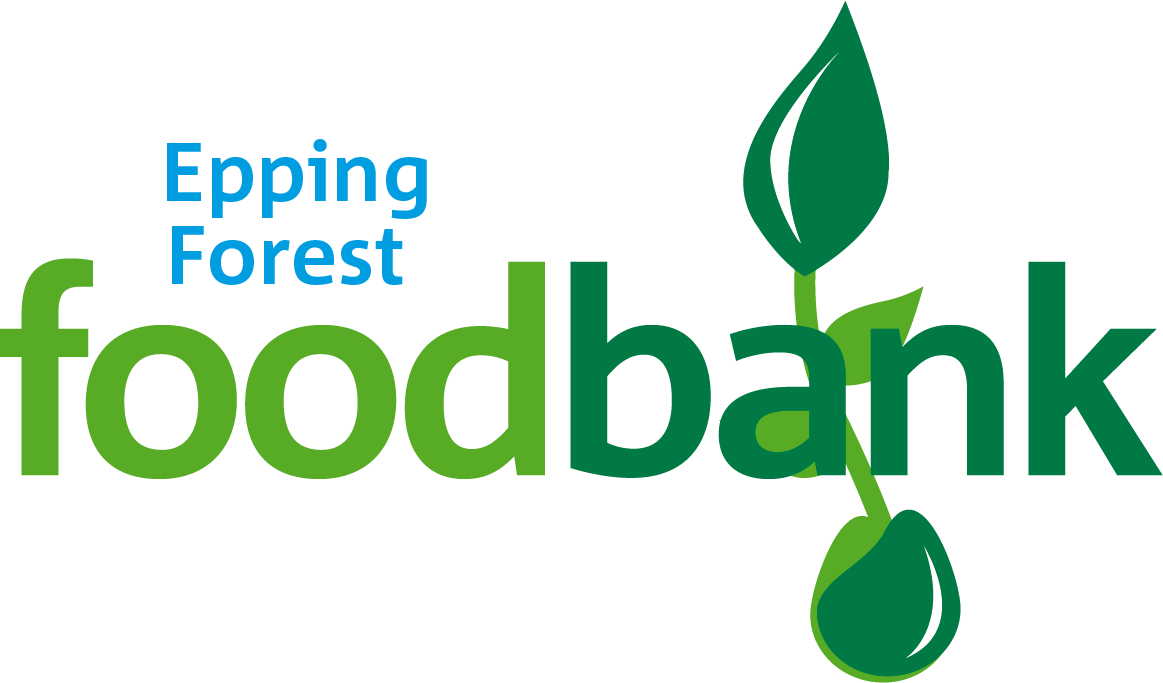1976 Emergency food parcels provided to people facing hardship by Epping Forest Foodbank in the past 12 months
- Alarmingly nearly half of the parcels were provided for children.
- The charity is calling for a stronger social security system that ensures we can at least cover life’s essentials, like food, heating, and clothes.
New figures released today by Epping Forest Foodbank have revealed that 1976 emergency food parcels were provided to people facing hardship across Epping Forest in the last year – with 1140 of these going to children.
Epping Forest Foodbank has seen a 38% increase in the number of emergency food parcels distributed compared to last year. This is the most parcels the Foodbank has ever provided.
The levels of need were particularly acute in winter, and December was the busiest month for Epping Forest Foodbank, with 246 emergency food parcels provided by staff and volunteers this month.
Jacob Forman, Director at Epping Forest Foodbank said:
The past year has been the busiest 12 months in the history of Epping Forest Foodbank. The cost of living is affecting us all and more and more people are struggling to afford the basics. Rising energy bills, food prices and petrol have all played their part. At the same time as demand is rising, donations to the foodbank are declining as people have less to spare. We are committed that everyone that comes to our foodbank goes away with 3 days worth of nutritionally balanced food, with a parcel designed by the NHS to cover all the most important food groups.
Therefore we are asking once again for donations from the public, food can be dropped off in many local supermarkets and there are collection points St Mary’s church and Loughton Methodist church. Any in date tins will be gratefully accepted.
One of the people who has used this service said:
“I used to be scared of the dark as a kid, now I am scared of the lights going on because of the meter. But at least I know that the Foodbank is there when things get really tight. Thank you.” – Anonymous
Epping Forest Foodbank is part of the Trussell Trust’s network, which reports record levels of need in the last 12 months with almost 3 million (2,986,203) emergency food parcels provided to people facing hardship between April 2022 and March 2023. More than a million of these parcels were provided for children.
Speaking about the rising need for emergency food, Emma Revie, Chief Executive at the Trussell Trust, said:
“These new statistics are extremely concerning and show that an increasing number of people are being left with no option but to turn to charitable, volunteer-run organisations to get by and this is not right. The continued increase in parcel numbers over the last five years indicates that it is ongoing low levels of income and a social security system that isn’t fit for purpose that are forcing more people to need food banks, rather than just the recent cost of living crisis or the COVID-19 pandemic.
“Epping Forest Foodbank was set up to provide short-term support to people in an emergency, they are not a lasting solution to hunger and poverty, and more than three quarters of the UK population agree with us that they should not need to exist.
“The staff and volunteers at Epping Forest Foodbank are working tirelessly to ensure help continues to be available, but the current situation is not one they can solve alone.
“For too long, the people of Epping Forest have been going without because social security payments do not reflect life’s essential costs and people are being pushed deeper into hardship as a result. If we are to stop this continued growth and end the need for food banks then the UK government must ensure that the standard allowance of Universal Credit is always enough to cover essential costs.”
To help ensure that everyone has the income they need to afford the essentials, the Trussell Trust has joined with Joseph Rowntree Foundation in urging the UK government to embed in law an ‘Essentials Guarantee’ that would make sure Universal Credit payments always, at a minimum, provide enough to the cover cost of essentials such as food, utilities and vital household goods.
You can read more HERE.
